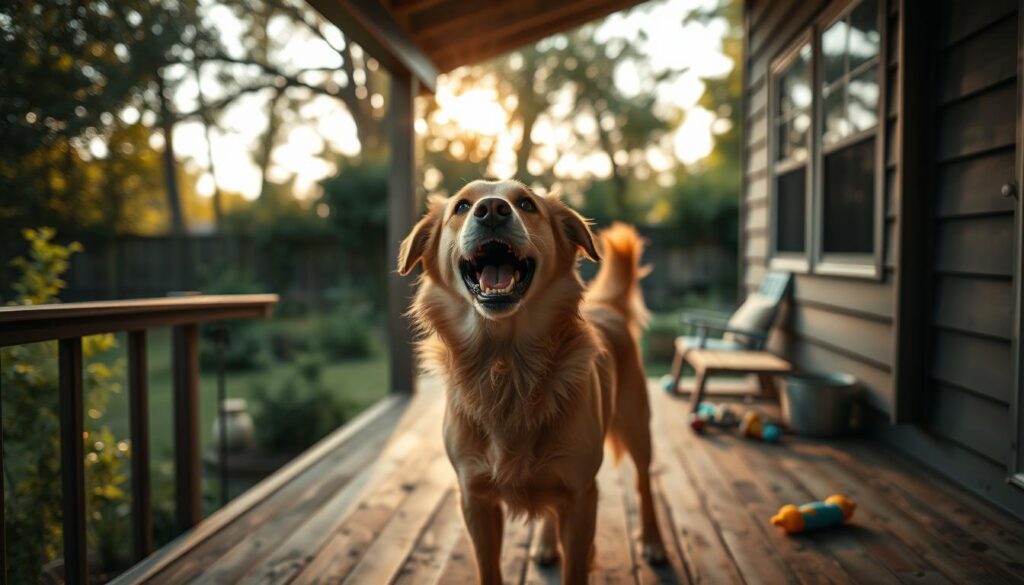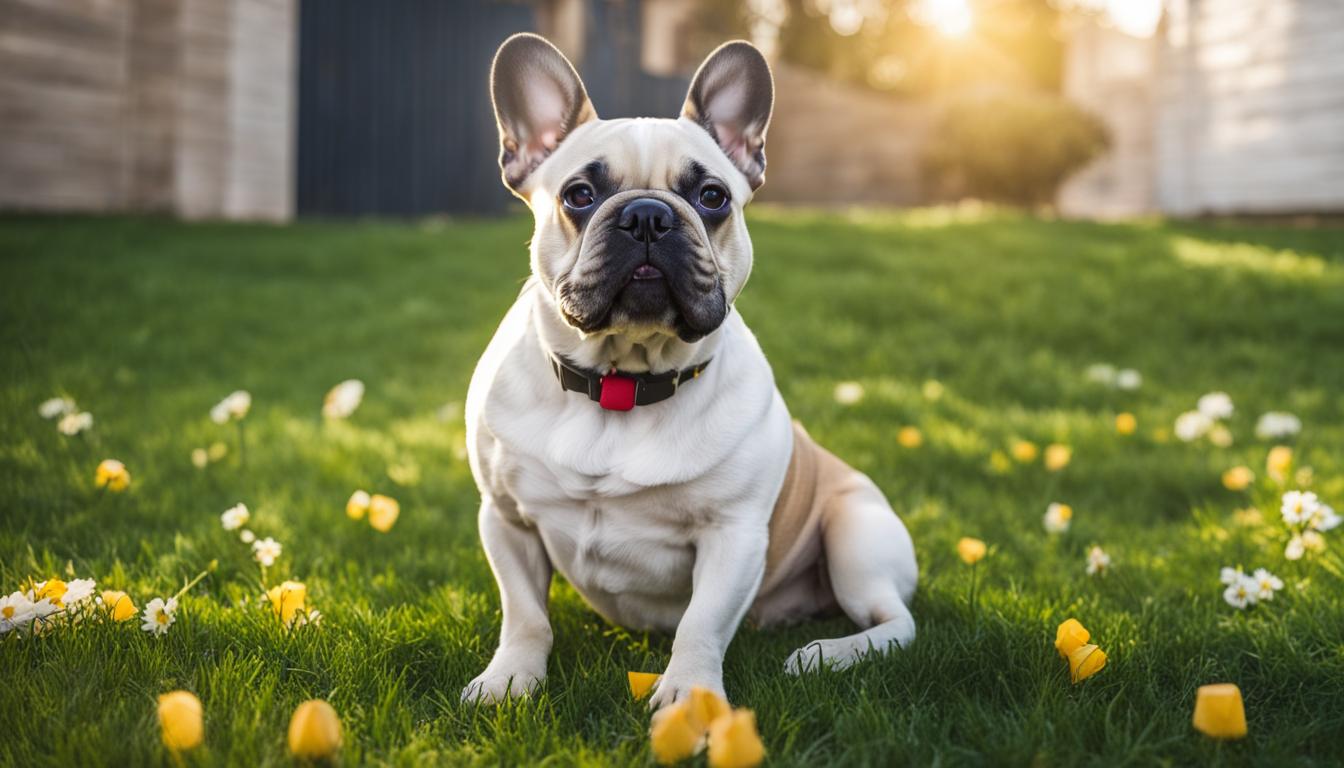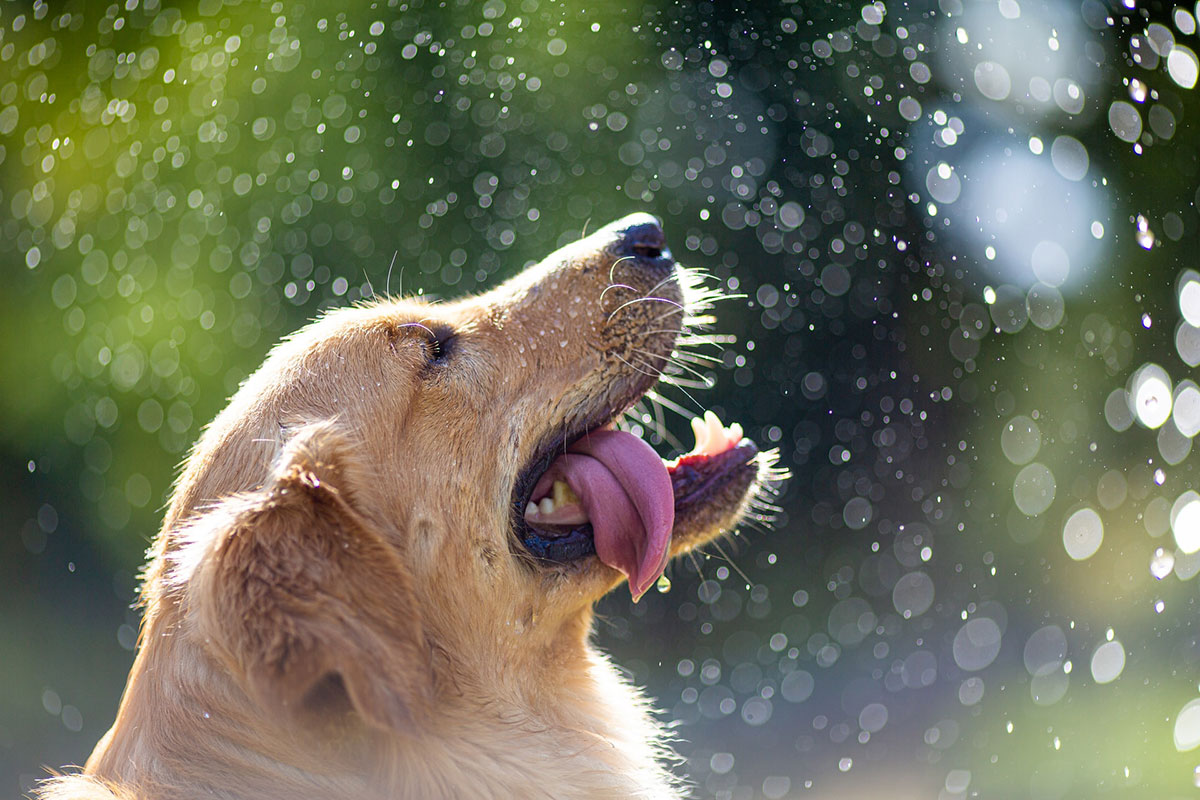Many dog owners know the sound of their pet’s morning barking. It’s a common issue with many causes, like biological rhythms and environmental triggers. Knowing why dogs bark in the morning is key to solving the problem.
If you’re dealing with this, BarkingBatty has helpful tips. By finding out why your dog barks in the morning, you can make mornings quieter for everyone.
Key Takeaways
- Identify the underlying causes of dog morning barking
- Understand the role of biological rhythms in morning barking
- Explore strategies for managing dog barking
- Discover resources for addressing barking issues
- Create a more peaceful morning environment for you and your pet
The Dawn Chorus: Understanding Your Dog’s Morning Vocals
The dawn chorus is not just for birds. Dogs also have their morning barking routines. This behavior is worth looking into. Dogs bark for many reasons, like talking to each other or warning of dangers. Knowing why your dog barks in the morning is key for owners.
Common Morning Barking Patterns
Dogs bark in different ways in the morning. Some bark a lot, while others bark less often. Figuring out the pattern your dog follows is important to tackle the issue.
How Morning Barking Differs from Other Vocalizations

Morning barking is different from other barks. It’s not always about something outside. It’s often about what’s going on inside the dog or its morning habits.
Understanding morning barking helps owners manage it better. This can make life better for both dogs and their owners.
Biological Factors Behind Morning Barking Routines: Why Dogs Vocalize at Dawn and How to Manage
It’s important to know why dogs bark in the morning. Dogs, like us, have complex systems that affect their behavior. This includes how and when they bark.
Circadian Rhythms in Canines
Dogs have an internal clock that controls their activity. This circadian rhythm affects their sleep, wake times, and when they eat. Light and darkness can change their morning activity.
Dogs’ internal clocks are not as strict as ours. But, they still play a big role in their daily lives. Knowing and working with their natural rhythm can help reduce morning barking.

Hormonal Influences on Morning Activity
Hormonal changes in dogs can greatly impact their behavior. Hormones like cortisol and adrenaline control their energy and alertness. In the morning, these hormones can make dogs more alert and likely to bark.
Also, hormones can react to light and noise, leading to morning barking. Knowing this can help owners find ways to manage their dog’s morning barking.
Evolutionary Explanations for Dawn Vocalizations
Dogs bark at dawn because of their wild relatives’ behaviors. Wild canines use sounds to talk and defend their territory. This habit has been passed down for generations.
Learning about the dawn barking’s roots helps us manage it in dogs. By studying wild canids, we understand why dogs bark in the morning.
Wild Canid Behavior Patterns
Wild canids, like wolves and foxes, bark at dawn. They do this for territory defense and pack communication. Studies show they’re most active at twilight, including dawn.
The dawn chorus is a series of howls and barks. It helps them mark their territory and talk to their pack. This behavior is vital for their survival and social life.
Pack Communication at Dawn
Pack communication is key for wild canids’ survival. At dawn, they use sounds to coordinate and strengthen their bonds. The morning chorus helps them reunite and get ready for the day.
Understanding wild canids’ dawn vocalizations helps us manage dog barking. This knowledge aids in finding ways to control morning barking in domestic dogs.
Environmental Triggers for Morning Barking
Environmental triggers are key in morning barking. Dogs are very sensitive to their surroundings. Many external stimuli can make them bark.
External Stimuli in Urban Settings
Urban areas have lots of sounds that can make dogs bark in the morning. Traffic, delivery trucks, and early morning people can all cause barking.
Traffic and Delivery Sounds
The noise of traffic and loud delivery trucks can scare dogs. This makes them bark. Implementing sound management solutions can help reduce this.
Wildlife Activity at Dawn
In cities, birds and squirrels are active at dawn. This can make dogs bark as they react to these sounds.
Apartment Living Challenges
Living in an apartment has its own challenges. Dogs hear many noises from neighbors and common areas. This can make them bark more because of all the sounds.
Neighborhood Activity Patterns
The patterns of activity in a neighborhood affect a dog’s morning barking. Knowing these patterns helps owners develop strategies to reduce their dog’s barking.
By understanding what triggers morning barking, owners can lessen their dog’s exposure. This can help reduce barking.
Breed-Specific Morning Vocalization Tendencies
Different dog breeds bark in the morning for various reasons. This is because they were bred for different jobs. Some were made to guard, herd, or just be good friends.
High-Alert Breeds
German Shepherds and Doberman Pinschers are always on the lookout. They bark early to warn their owners of danger. This is because they were bred to protect.
Herding and Working Dogs
Border Collies and Siberian Huskies are full of energy. They bark in the morning because they’re ready to work. They have a strong instinct to start their day.
Companion Breeds and Their Morning Habits
Cavalier King Charles Spaniels and Poodles love people. They bark in the morning to get attention. They want to play or cuddle.
Knowing why your dog barks in the morning can help. It lets you find the right way to stop it. This way, you meet your dog’s needs.
Age-Related Factors in Dawn Barking
As dogs get older, their morning barking can change a lot. It’s important for dog owners to understand these changes to stop morning barking.
Puppy Morning Behavior
Puppies bark in the morning because they’re full of energy and want attention. This is a normal part of their growth, as they learn to talk and show their needs. A morning routine with play and training can help manage this.
Senior Dogs and Morning Vocalization Changes
Senior dogs may bark more in the morning because of age. Two main reasons are cognitive decline and physical discomfort.
Cognitive Changes in Older Dogs
Older dogs may bark more in the morning because of their brain changes. This can be due to confusion, disorientation, or anxiety from their brain not working as well.
Physical Discomfort and Morning Restlessness
Senior dogs may bark more in the morning because of pain or discomfort. Conditions like arthritis can make it hard for them to sleep, leading to barking and restlessness.
Behavioral Training Strategies to Reduce Morning Barking
Morning barking can be lessened with positive reinforcement training methods and regular morning routines. Training your dog to bark less needs a detailed plan. It must tackle the reasons behind the barking.
Positive Reinforcement Techniques
Positive reinforcement training is a great way to cut down on barking. Rewarding your dog for quiet helps them learn good habits. Give treats and praise when they stay silent.
For example, if your dog barks, wait for them to be quiet before giving a treat. This teaches them that being quiet is rewarded.
Establishing Morning Routines
A consistent morning routine for dogs can reduce barking. It gives them security and predictability. Morning walks, feeding, or playtime are good activities.
Following a set schedule helps control your dog’s behavior. It also cuts down on barking caused by uncertainty or too much energy.
Consistency and Patience in Training
Consistency is crucial in training your dog to bark less. Stick to your training plan and resist giving in to your dog’s demands. Also, patience is vital, as changing behavior takes time.
By combining consistent training with patience, you can reduce your dog’s morning barking over time.
Environmental Modifications to Minimize Dawn Disturbances
Changing your home can help reduce morning barking. You can make your home more peaceful for you and your dog.
Sound Management Solutions
Managing sound is crucial to reduce disturbances. There are several ways to do this.
White Noise Machines and Their Benefits
White noise machines are great for blocking out sounds that might make your dog bark. They make a constant, calming sound that soothes your dog.
Soundproofing Options for Apartment Dwellers
If you live in an apartment, soundproofing can help. You can use acoustic panels or seal gaps around doors and windows to stop noise from spreading.
Creating a Calming Morning Environment
A calm morning atmosphere can help stop your dog from barking. Keep a regular morning routine and make sure your dog’s needs are met early.
Strategic Sleeping Arrangements
Where your dog sleeps can affect their morning barking. Try having them sleep in a quiet spot or use a crate for a cozy, safe place.
With these changes, you can lessen morning barking and make your home a more peaceful place.
Physical and Mental Stimulation to Prevent Morning Barking
Morning barking can be a big problem for dog owners. But, it can be solved by making sure dogs get enough physical and mental activity.
Evening Exercise Regimens
Getting your dog to exercise in the evening can cut down on morning barking. Activities like walking, running, or playing fetch work well.
Mental Enrichment Before Bedtime
Physical exercise is not enough. Mental stimulation is key too. Use puzzle toys, scent games, or obedience training before bed. This tires them out mentally, lowering morning barking chances.
Morning Activity Planning
Having a plan for morning activities can also help. Start the day with a routine that includes exercise or play. This redirects their energy into better behaviors.
By mixing physical exercise, mental games, and a good morning routine, owners can greatly lessen morning barking in dogs.
When to Seek Professional Help
If your dog keeps barking in the morning, it’s time to get help. Persistent barking can be a sign of underlying issues that need expert care.
Signs of Anxiety or Medical Issues
Excessive morning barking might mean your dog is anxious or has a health problem. Watch for signs like pacing, panting, or destructive behavior. If you see these, talk to a vet to check for health issues.
Finding the Right Behavioral Specialist
Looking for professional help? Find a certified behavioral specialist. They can find out why your dog barks and create a training plan. Choose someone with experience in barking issues.
Working with Neighbors and Building Management
If your dog’s barking bothers others, talk to your neighbors and building management. Open communication is key to solving problems.
Communicating Proactively About Your Dog
Tell your neighbors about your dog’s barking and what you’re doing to stop it. This can prevent misunderstandings and build a supportive community.
Negotiating Solutions in Shared Living Spaces
In shared living spaces, work with neighbors and management to find solutions. You might need to adjust your dog’s exercise or use noise-reducing tools.
Creating Harmony: Balancing Your Needs with Your Dog’s Natural Behaviors
It’s important to find a balance between managing morning barking and respecting your dog’s natural behaviors. This balance is key to a harmonious home. Dog owners can meet both their and their dog’s needs by understanding why dogs bark in the morning.
Strategies like setting morning routines and providing enough physical and mental stimulation can help. Also, making changes to the environment can reduce morning barking. It’s also important to accept and support your dog’s natural behaviors, like barking at dawn.
Finding this balance is what creates harmony in dog ownership. It allows for a peaceful home while also fulfilling your dog’s needs. This balance is essential for a happy coexistence.
By tackling the reasons behind morning barking, owners can make their homes more peaceful. This approach helps create harmony in dog ownership, benefiting both owners and their pets.






